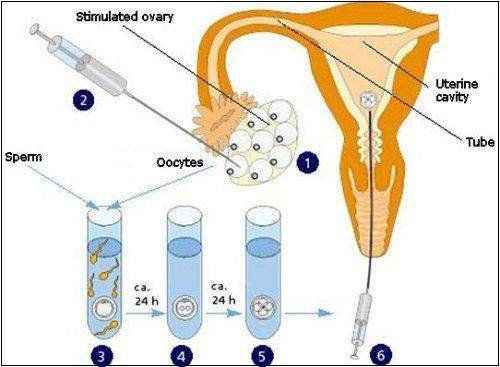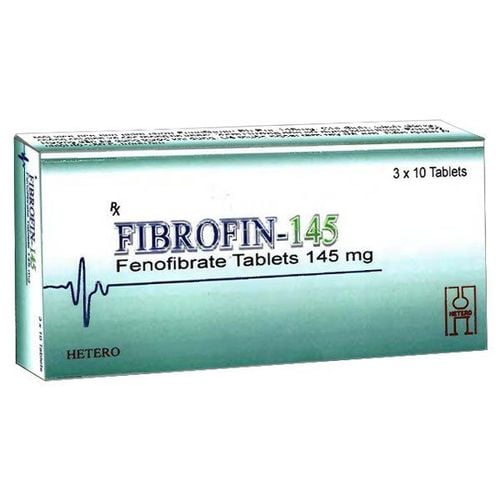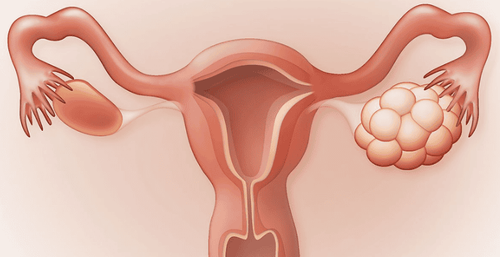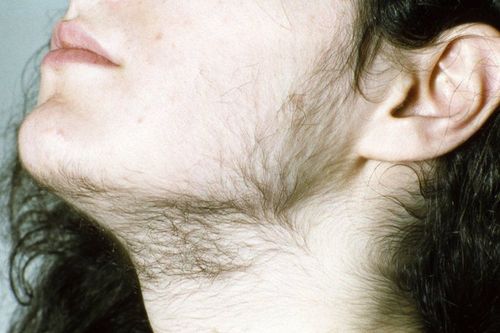This is an automatically translated article.
Posted by Master, Doctor Mai Vien Phuong - Department of Examination & Internal Medicine - Vinmec Central Park International General Hospital
Studies have shown that the ketogenic diet is becoming more and more popular nowadays. With a diet high in these good fats, these very low carbohydrates may be beneficial for a number of health conditions, particularly in neoplastic pathologies.
1. Learn about the Ketogenic Diet
Keto diet (Ketogenic) is a diet low in carbohydrates (carbs) and high in good fats. The Keto menu helps the body burn more energy without the need for strict diets. To learn more about this diet, refer to the article below.
MORE: How to follow the ketogenic diet
2. Benefits of the ketogenic diet for neoplastic pathologies
Here are the benefits of the ketogenic diet for neoplastic diseases.
2.1. Polycystic ovary syndrome (PCOS)
Polycystic ovary syndrome (PCOS) is a disease characterized by hormonal dysfunction that often leads to menstrual irregularities and infertility.
One of its hallmarks is insulin resistance, and many women with PCOS are obese and find it difficult to lose weight. Women with PCOS are also at increased risk for type 2 diabetes.
People who meet the criteria for metabolic syndrome tend to have symptoms that affect their appearance. Possible effects include increased facial hair, acne, and other signs of masculinity associated with higher testosterone levels.
There are several published studies confirming the benefits of low-carbohydrate and ketogenic diets for PCOS.
In a 6-month study of 11 women with PCOS on a ketogenic diet, weight loss averaged 12%. Fasting insulin also decreased by 54% and reproductive hormone levels improved. Two women with infertility became pregnant.
Women with PCOS following a ketogenic diet may experience weight loss, reduced insulin levels, and improved reproductive hormone function.
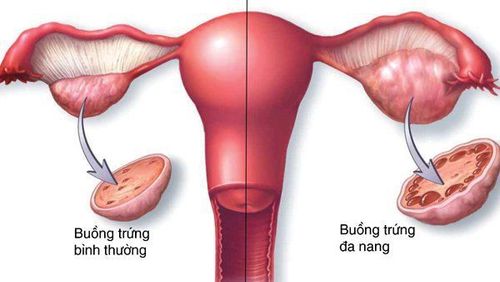
2.2. Some cancers
Cancer is one of the leading causes of death worldwide.
In recent years, scientific research has suggested that the ketogenic diet may help some types of cancer when used alongside traditional treatments such as chemotherapy, radiation, and surgery. art.
Many researchers note that high blood sugar, obesity, and type 2 diabetes are linked to breast cancer and other cancers. They suggest that restricting carbohydrates to lower blood sugar and insulin levels may help prevent tumor growth.
Studies in mice show that the ketogenic diet can reduce the progression of certain types of cancer, including cancer that has spread to other parts of the body.
However, some experts believe that the ketogenic diet may be especially beneficial for brain cancer.
Case studies and analysis of patient data have found improvements in different types of brain cancer, including glioblastoma multiforme (GBM) - the most common form of brain cancer and most ferocious.
One study found that 6 out of 7 GBM patients had a modest response to a calorie-restricted ketogenic diet combined with anticancer drugs. The researchers note that the diet is safe but may have limited use.
Although it may not have a significant impact on disease progression in end-stage cancer, the ketogenic diet has been shown to be safe in these patients and has the potential to improve quality life.
Randomized clinical studies need to look at how the ketogenic diet affects cancer patients. Some are currently underway or in early stages.
Animal and human studies suggest that the ketogenic diet may be beneficial for people with certain cancers, when combined with other therapies.
3. Conclusion
Because of its many benefits to metabolic and nervous system health, the ketogenic diet is being considered for use in the treatment of a number of disorders.
However, the ketogenic diet should not be considered a cure for any disease or disorder. Overall, the health-improving potential of the ketogenic diet is very promising.
Please dial HOTLINE for more information or register for an appointment HERE. Download MyVinmec app to make appointments faster and to manage your bookings easily.





